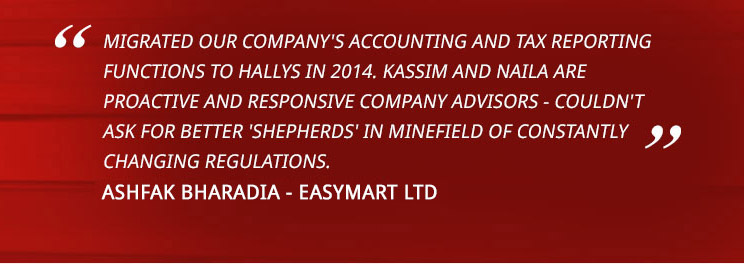The first thing you can count on, is that taxation is here to stay. The second thing you can count on is that the tax rules will continue to change to meet the changing needs of our government to recover funds from the economy and restart the cycle of public expenditure that maintain services and oil the wheels of government.
Apart from increases in the basic personal tax allowance – from £11,000 to £11,500 – there are a number of key changes in tax legislation that it may be prudent to revisit before the start of the new tax year, from 6 April 2017. The following list is not exhaustive, but it does include a few of the significant changes:
- Employees that want to reimburse their employers for the value of certain benefits, will need to make good their payments by the 6 July following the end of the relevant tax year.
- From 6 April 2017, non-UK domiciled individuals resident in the UK in at least 15 of the past 20 years will be considered UK domiciled for income tax, capital gains tax and inheritance tax purposes. As part of the introduction of this change, non-doms will be able to revalue assets held outside the UK, for CGT purposes, as if they had been acquired on 6 April 2017.
- The VAT Flat Rate Scheme is undergoing a significant change from 6 April 2017. Essentially, traders registered under the scheme, who have low levels of cost on which they have paid VAT, may be required to use a fixed Flat Rate Scheme rate of 16.5%. For many traders this may make continued registration under the scheme less attractive. Readers who already use this scheme should take professional advice to see if they are affected.
- From 6 April 2017, landlords who are paying significant loan or mortgage interest payments will start to lose higher rate tax relief on these payments. The full impact of this change will not be completed for four years, but all landlords who have borrowed heavily to expand their rental portfolio should take advice; firstly, to see how they will be affected, and secondly, to see what strategies can be employed to offset the effects of higher taxation and reductions in available cash flow from their property businesses.
Readers who have concerns about any of the issues raised are welcome to call for further advice.















